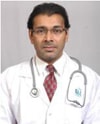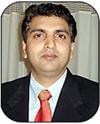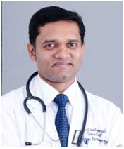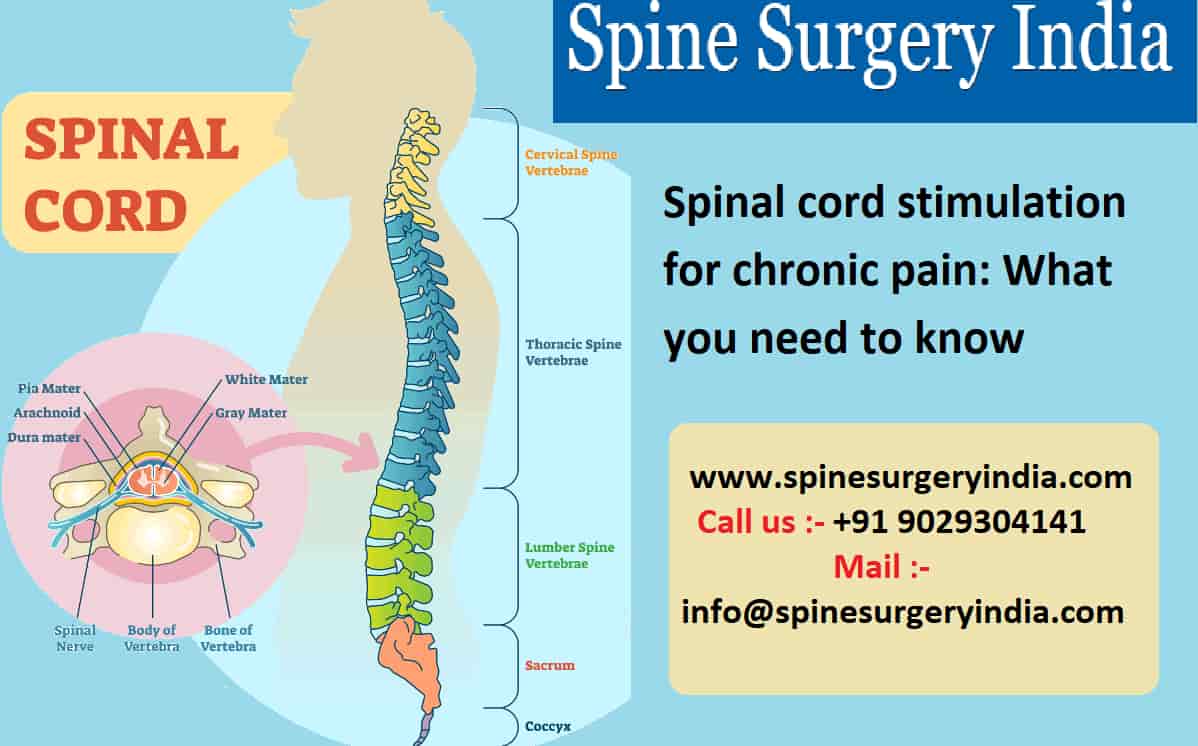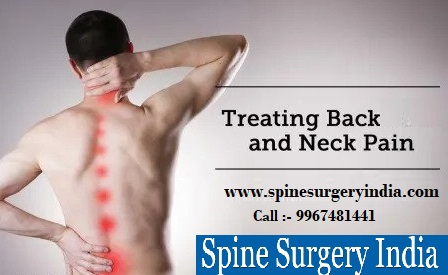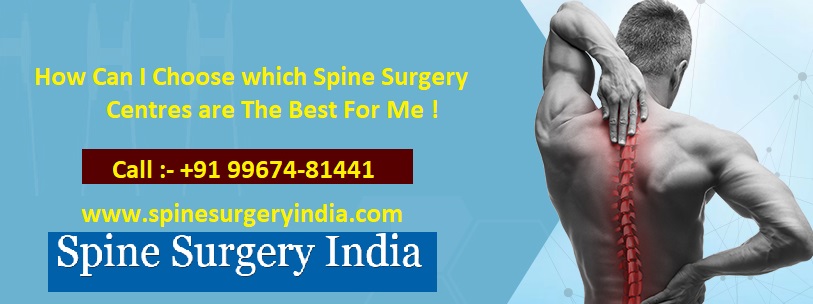Slipped Disc is a Spinal Condition
Condition
Know Slipped Disc a Medical Condition of Spine
What an aroma of the word-medicine to have been curing well to human’s living! Yes, we all are thankful for the medical industry to have juxtaposed us with the hale and hearty lifestyle. From the rare wrinkles of disease on your face to the drastic ailments at your lives, the arena of medicine is enabled to drawing an image of healthy people where the pleasant practice of word-medicine has its existence well.
In India, Spine Surgery India leaves no space to get commented negatively, if thought on how to go well from their spinal disorders/conditions. With no line of wrinkles in accessing to the best-in-class spinal treatments in India, Spine Surgery India banks really every solution to ascertain you walk and live healthy of your spinal diseases.
At Spine Surgery India, we mean also to acquaint you with each and every spinal disease including Slipped Disc. A spinal disc, called also as a slipped disc is a medical condition that has an effect on the spine in which a tear in the outer, fibrous ring of an intervertebral disc lets the soft, central portion to bulge out beyond the damaged outer rings. Usually the Slipped Disc happens due to age related degeneration of the annulus fibrosus, although trauma, lifting injuries, or straining have been associated.
Signs to Slipped Disc
Symptoms to Slipped Disc
- Pain and numbness, most commonly on one side of the body
- Pain that expands to your arms and/or legs
- Pain that gets worse at night
- Pain that deteriorates after standing/sitting
- Pain that happens while walking to the short distances
- Unexplained muscle weakness
- Tingling, painful, or burning sensations in the affected area
Risks to Slipped Disc
Risk Factors to Slipped Disc
Gender: Men between ages of 30 and 50 get most likely to have a slipped disc.
Improper lifting: Using your back muscles to elevate the heavy objects, instead of your legs, could cause a slipped disc. Yes, lifting with your legs, not your back may keep your spine safe.
Weight: Being overweight adds stress on the disks in your lower back.
Repetitive activities: Many jobs are physically demanding as some require to the constant lifting, pulling, bending, or twisting. So, using safe lifting and movement techniques could help in protecting your back.
Recurrent Driving: Staying seated for the long periods, and the vibration from the car engine could put pressure on your spine and disks.
Inactive lifestyle: The regular exercise gets important in stopping many medical conditions, including slipped disc.
Smoking: It is considered that the smoking diminishes oxygen supply to the disc and causes to the more rapid degeneration.
Diagnosis
Diagnosis to Slipped Disc
- EMG
- Myelogram
- Nerve conduction velocity test
- Spine MRI or spine CT
- Spine x-ray
Slipped Disc Cures
Treatments to Slipped Disc
- Nonsurgical Treatment
- Rest
- Anti-inflammatory medications
- Physical therapy
- Surgical Treatment
- Microdiskectomy: The most common surgical procedure for a slipped disc in the lower back is a lumbar microdiskectomy. This involves taking away the slipped disc and any fragments that are putting pressure on the spinal nerve.










